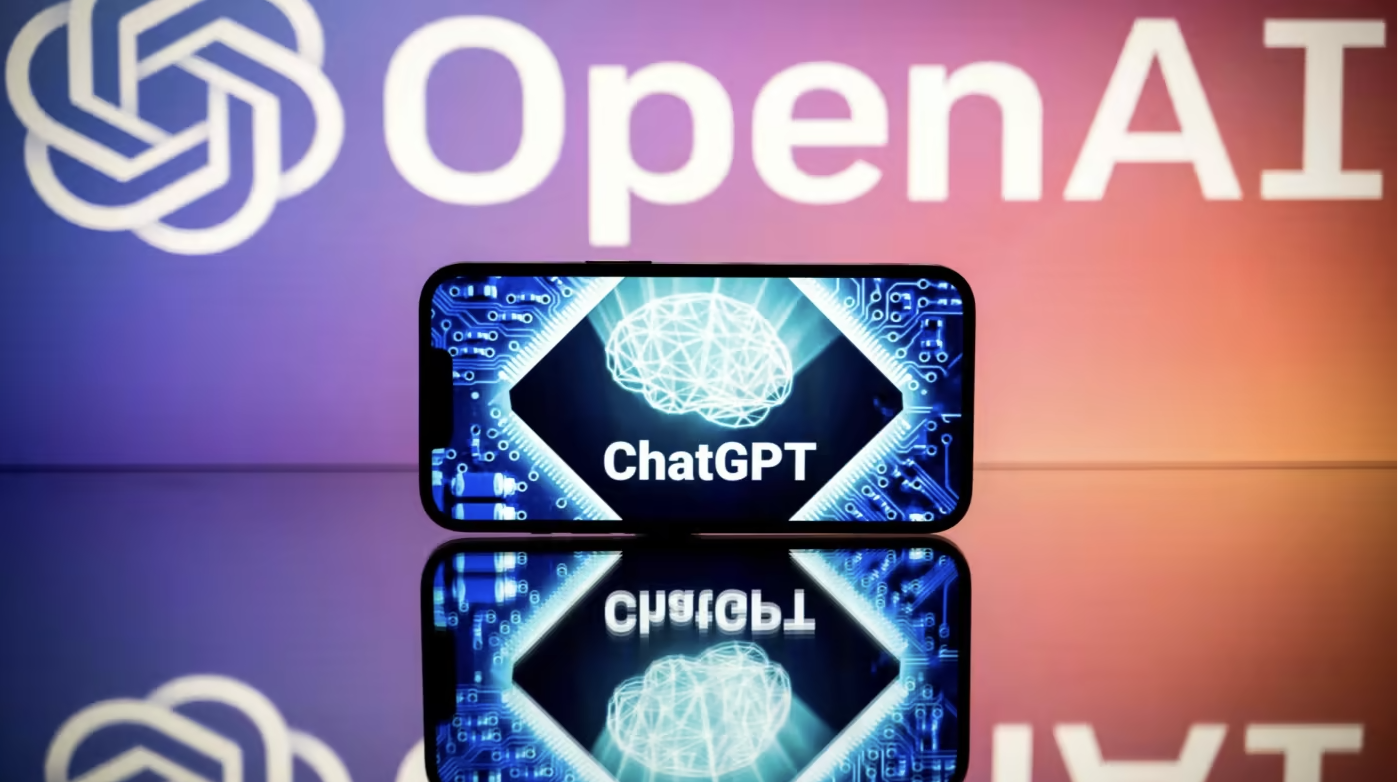Aleph Alpha, a German startup challenging the Microsoft-backed artificial intelligence firm OpenAI, announced on Monday that it had secured $500 million in funding. This funding round enjoyed support from notable entities such as Bosch, SAP, and Hewlett Packard Enterprise.
In its second major funding round, Aleph Alpha, known for creating its extensive language models, amassed a notably substantial sum for a series B investment round. This financial backing primarily hails from German companies, with major enterprises like SAP, Schwarz Group (Lidl’s owner), and consulting firm Christ&Company Consulting contributing to this new round. Park Artificial Intelligence and Burda Principal Investments also joined in.
The precise valuation of Aleph Alpha following this funding round was not disclosed.
The newfound resources will be allocated towards research on foundational models, enhancing product capabilities, and the commercialization of its software, as stated in the company’s official announcement on Monday.
Jonas Andrulis, Aleph Alpha’s CEO and founder, expressed, “With this latest investment, we will continue to enhance our capabilities and enable our partners to be at the forefront of this technological development.” He emphasized the company’s commitment to expanding its offerings while preserving customer independence and flexibility concerning infrastructure, cloud compatibility, on-premise support, and hybrid setups.
One of Aleph Alpha’s primary technological objectives is the concept of “data sovereignty,” which asserts that data stored in a specific country should be governed by the laws of that nation. In a European context, this implies that the data fueling AI models should originate in Europe rather than the United States. This notion has gained favor among prominent European politicians and legislators who seek to safeguard their autonomy in matters of data storage and processing.
Andrulis emphasized that Aleph Alpha stands as the “best option” for companies valuing sovereignty as a critical element. Aleph Alpha’s language models can already converse in German, French, Spanish, Italian, and English, drawing from a vast repository of multilingual public documents published by the European Parliament.
This latest funding round underscores the intense activity within the venture capital landscape related to AI. Investors are racing to support companies developing the foundations of highly advanced AI models, often referred to as generative AI, capable of responding to inquiries in a more humanlike manner. OpenAI, backed by Microsoft, secured a staggering $10 billion in funding, while Inflection, an AI startup co-founded by the creators of DeepMind and LinkedIn, raised $1.3 billion.







Leave a Reply